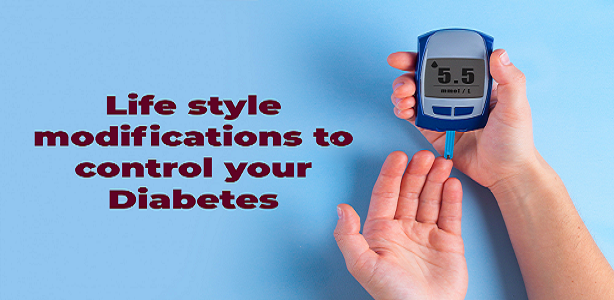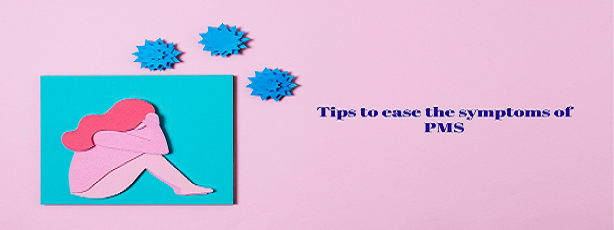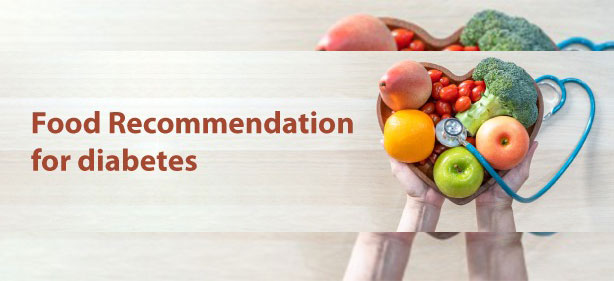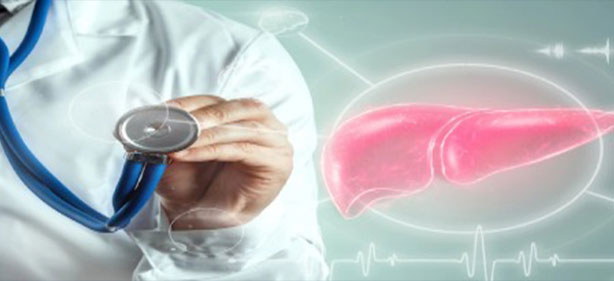Hormones are our body’s chemical messengers.
Produced in the endocrine glands, these powerful chemicals travel around your bloodstream, telling tissues and organs what to do. They help control many of our body’s major processes, including metabolism and reproduction.When we have a hormonal imbalance, we have too much or too little of a certain hormone. Even tiny changes can have serious effects throughout our whole body.
Signs and Symptoms of Hormonal Imbalance.
Hormones play an integral role in our overall health. As a result, there’s a broad range of signs and symptoms that could signal a hormonal imbalance. Our signs or symptoms will depend on which hormones or glands are not working properly.
Common hormonal conditions affecting people of all genders could cause any of the following signs or symptoms:
- Weight gain
- Hump of fat between the shoulders
- Unexplained and sometimes sudden weight loss
- Fatigue
- Muscle weakness
- Muscle aches, tenderness, and stiffness
- Pain, stiffness, or swelling in your joints
- Increased or decreased heart rate
- Sweating
- Increased sensitivity to cold or heat
- Constipation or more frequent bowel movements
- Frequent urination
- Increased thirst
- Increased hunger
- Decreased sex drive
- Depression
- Nervousness, Anxiety, or Irritability
- Blurred vision
- Infertility
- Thinning hair or fine, brittle hair
- Dry skin
- Puffy face
- Rounded face
These symptoms are nonspecific. Having one or a few of them doesn’t necessarily mean that we have a hormonal imbalance.
Some of these symptoms may also reflect other chronic conditions. So, if you find yourself dealing with any notable changes in your body or energy levels, it’s a good idea to talk with your doctor.
Causes Of Hormonal Imbalance
- Hormone therapy
- Medications
- Cancer treatments such as chemotherapy
- Tumors, whether cancerous or benign
- Pituitary tumors
- Eating disorders
- Stress
- Injury or trauma
- While hormonal imbalances may initially cause some of the conditions below, having these conditions can also lead to further hormonal imbalances:
- Type 1 and type 2 diabetes
- Diabetes insipidus
- Hypothyroidism, or an underactive thyroid
- Hyperthyroidism, or an overactive thyroid
- Hyperfunctioning thyroid nodules
- Thyroiditis
- Hypogonadism
- Cushing syndrome, or high levels of cortisol
- congenital adrenal hyperplasia, which causes low levels of cortisol and aldosterone



_2023-07-07-11-56-521.jpeg)

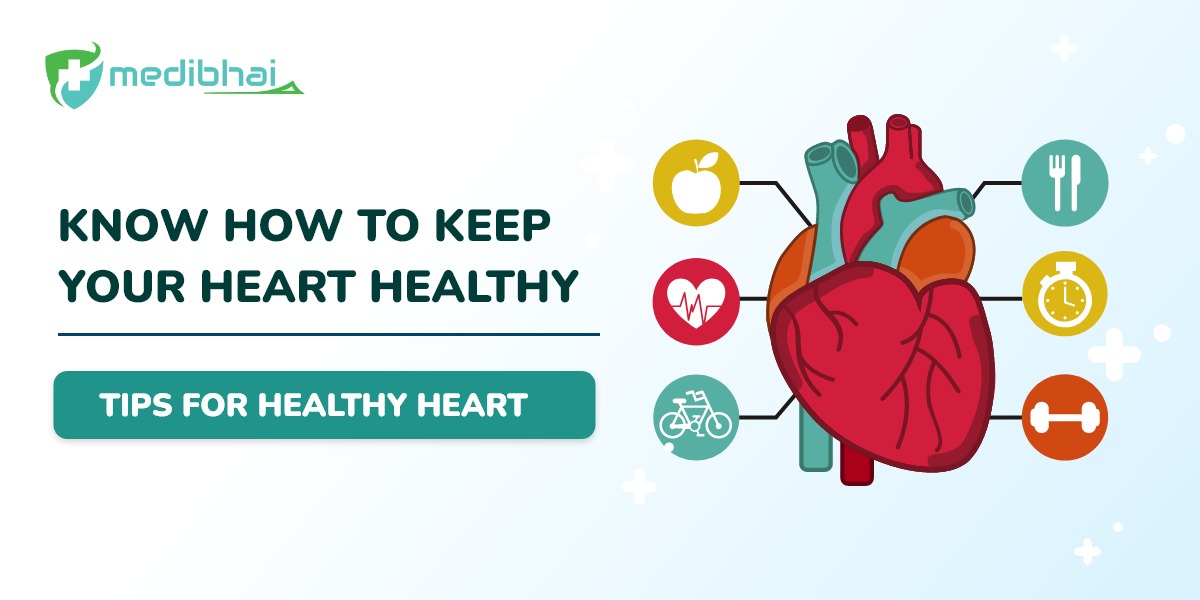
_2023-07-07-11-56-52.jpeg)
